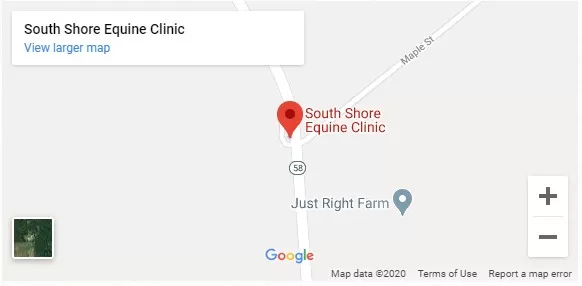Welcome To South Shore Equine Clinic
We listen and care about you and your horse
Our doctors and staff are happy to provide you and your horse routine and specialized medical care right here in your own backyard...
Contact Our Hospital
Contact South Shore Equine Clinic to schedule an appointment or to request additional information about our services. We look forward to hearing from you.
151 Palmer Rd
Plympton, MA 02367
Text or Call: (781) 585-2611

